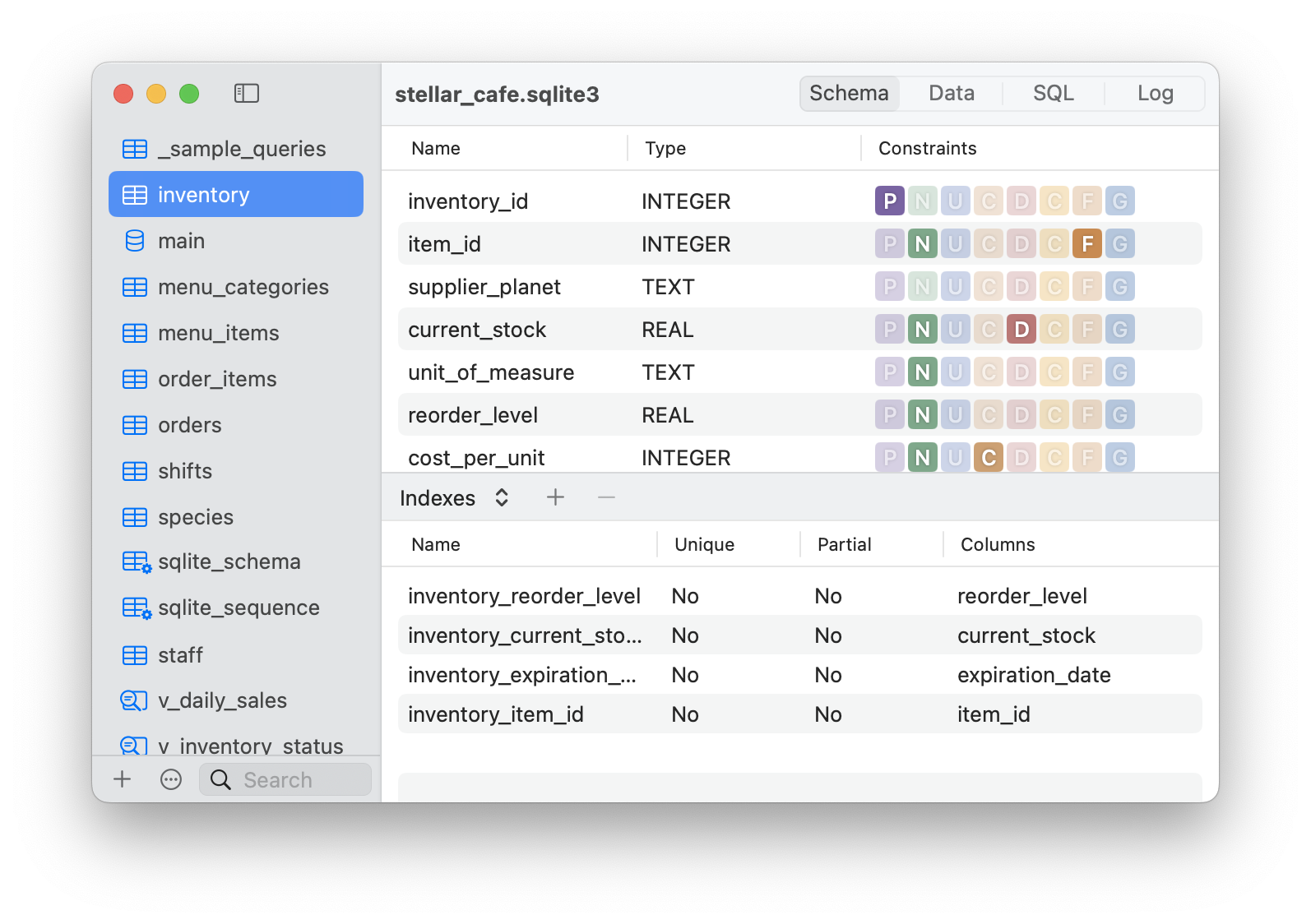Python Developers Are Killing Progress: Why the Love for Old Versions and Rust’s Silent Takeover
Hello everyone. Gather ‘round, because today we need to have a serious talk about Python and its massively popular developer survey. Over 30,000 developers took part, and based on what I’ve read, I can only assume that half of them are either allergic to change, addicted to nostalgia, or just genuinely enjoy burning money in the cloud like a ritualistic offering to the techno-gods. Let’s dig into this, because what we’ve learned about Python usage is fascinating, frustrating, and, at times, just plain absurd.
The Python Version Problem: The Cult of Stagnation
Apparently, 83% of developers are using Python versions that are at least a year old. That’s right – the overwhelming majority still cling to slightly outdated versions, despite the fact that upgrading is one of the easiest things you can do. It takes less than a day, yet companies out there are hemorrhaging between $420,000 to $5.6 million annually in wasted compute costs because some bright spark thought, “Hey, better safe and stuck in 2022 than daring and efficient in 2025.”
This is like refusing to install a patch in your favorite game because you’re “comfortable with the bugged version.” Never mind that your character is clipping through the floor and the loot system is broken – at least you know how to navigate the ruins of mediocrity. Honestly, if cloud bills were presented like game microtransactions, maybe companies would finally patch their environments. “Congratulations! You’ve just unlocked the premium DLC known as ‘Another Million Wasted on Compute!’”
Rust Joins the Battle: A Powerful Co-op Partner
You’d think Python could stand strong on its own after 34 years, but the survey shows that Rust has become the secret sauce for speed. Between 27% and 33% of binary extensions for Python packages are now written in Rust. Developers are increasingly choosing Rust for new projects, and honestly, I don’t blame them. Rust is that friend who shows up at the LAN party with a brand-new gaming rig, stabilizes the frame rate, and reminds everyone what performance actually feels like.
But let’s be clear: Rust isn’t here to replace Python. It’s more like an overqualified medic in your squad – the one who makes sure the heavy artillery (your Python scripts) doesn’t keel over from a heart attack during performance-heavy sessions. If you’re a Python dev and aren’t learning at least basic Rust, you’re setting yourself up to be that guy still trying to heal with Band-Aids while your teammates are running around with full-blown nanotech regeneration kits.
The Database War: PostgreSQL Reigns Supreme
PostgreSQL is not only thriving – it’s dominating. Usage jumped from 43% to 49%, and that’s frankly startling for a 28-year-old open-source project. Apparently, the older it gets, the stronger it becomes. You’d think it’s feeding on the souls of underperforming databases. Every single one of the top six databases grew year-over-year, but PostgreSQL clearly wears the crown. Perhaps the real conspiracy here is that PostgreSQL isn’t a database at all, but an eldritch entity gaining power every year as Python devs unknowingly fuel it with queries.
The AI Agent Invasion Is Coming
About 49% of developers plan to use AI coding agents in the coming year. You know what that means: if you’re not riding the AI bandwagon, prepare to be outclassed by someone who did. The productivity differential is about 30%, which is the equivalent of bringing a knife to a gunfight and wondering why you’re respawning every ten seconds.
Tech managers are already refusing to hire anyone who isn’t on board with AI. It’s like the transition from dial-up to broadband: sure, you can stick with the squealing modem if you enjoy pain, but don’t expect anybody to wait for you while they’re streaming in 4K on fiber.
Python Evolves: Free-Threaded Doom (and Opportunity)
Python 3.14 will introduce free-threaded Python as a permanent feature – no more global interpreter lock. That means developers will now have to face the joys of real concurrency, with all the associated race conditions, deadlocks, and “why is my multithreading program slower than before” complaints. From a medical standpoint, this is like giving your patient access to performance-enhancing drugs-they’ll either achieve godlike feats or keel over when their heart decides to throw a segmentation fault.
But let’s not underestimate the upside. Your cheap Mac Mini might finally use more than 10% of its glorious multicore potential when running Python. Imagine it: actual performance, not simulated “async” gymnastics, but real threading that unleashes all cores like a boss battle where you actually get to use the entire party instead of one sad protagonist.
Other Nuggets of Chaos
- Data science now dominates Python, with 51% of developers focusing on data exploration and processing. Pandas and NumPy are basically the starter Pokémon every data scientist picks.
- Half of Python developers have less than two years of professional coding experience. That explains so much about the chaos in codebases worldwide.
- One-third contribute to open source. That’s commendable – it shows the community thrives on collaboration, even if “collaboration” sometimes means arguing for days on GitHub about semicolons.
Final Thoughts: Python’s Potential vs. Python’s Procrastination
To sum it all up, Python as a language is evolving. The survey shows us a future with AI-driven productivity, free-threading performance benefits, Rust-powered speed boosts, and databases like PostgreSQL flexing harder than ever. And yet, a huge chunk of the community refuses to update their versions and willingly pays millions in unnecessary expenses. It’s like packing the latest RTX GPU but refusing to install drivers – technically possible, but practically idiotic.
Overall impression? Good progress buried under infuriating stagnation. Python is still the powerhouse of modern programming, but until developers collectively learn how to click “upgrade,” don’t expect miracles. Embrace the tools or get left behind. The choice, as always, is entirely yours.
And that, ladies and gentlemen, is entirely my opinion.
Source: Survey Finds More Python Developers Like PostgreSQL, AI Coding Agents – and Rust for Packages


